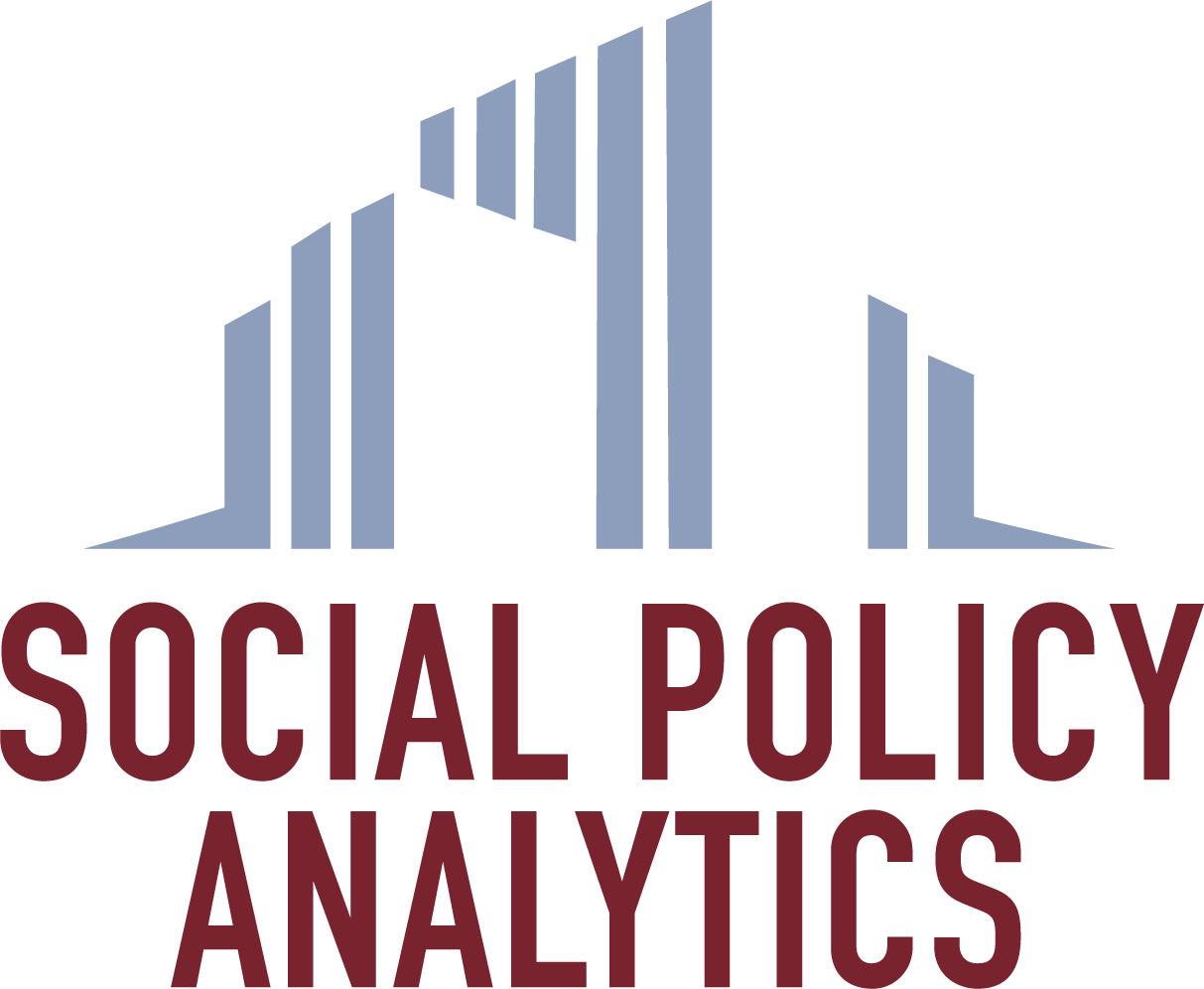Teaching
I build on my experience as a government and academic researcher and an alumnus of highly ranked undergraduate, masters, and PhD programs to prepare my students for their careers. My teaching incorporates the strengths of programs I attended while remedying gaps in my own education and the preparation of those I have hired. As a result, my students graduate proficient not only in the requisite technical skills, but also in the intangibles of research and practice excluded from traditional pedagogies.
In particular, I focus on what students should expect as they transition from classrooms into a world of methodological and political constraints. We discuss problems from my own experience and analyze imperfect datasets, with a focus on the types of questions they will be asked and how to articulate their work. Every assignment has a written or oral presentation component so students learn to distill complex analyses into language digestible by academics, policymakers, and practitioners who can build on their work and turn findings into action.
For the majority of my students whose professional responsibilities will not focus on research or statistics, I ensure that they become competent and discerning consumers of data. We read and critique academic and mass-media articles on a weekly basis, so students learn to extract points salient to their clinical work while identifying research flaws and limitations. Beyond improving their ability to integrate research into their careers, these exercises have a positive impact on my students’ ability to produce strong data-driven arguments while avoiding common pitfalls.
I currently teach two classes in the University of Pennsylvania’s International Masters in Public Administration program. Quantitative Reasoning for Real-Time Problem Solving introduces students to statistics and coding in R for public policy and administration. They learn a framework for understanding complex problems, how to access and analyze data to understand those problems, and how to communicate their findings to niche and general audiences. Forecasting and Program Evaluation delves into the nooks and crannies of bigger picture questions like study design, data collection, and stakeholder engagement. Building on lessons from their Quantitative Reasoning class, students become competent and critical consumers of data presented to them, with the skills to begin their own journeys in public service.

